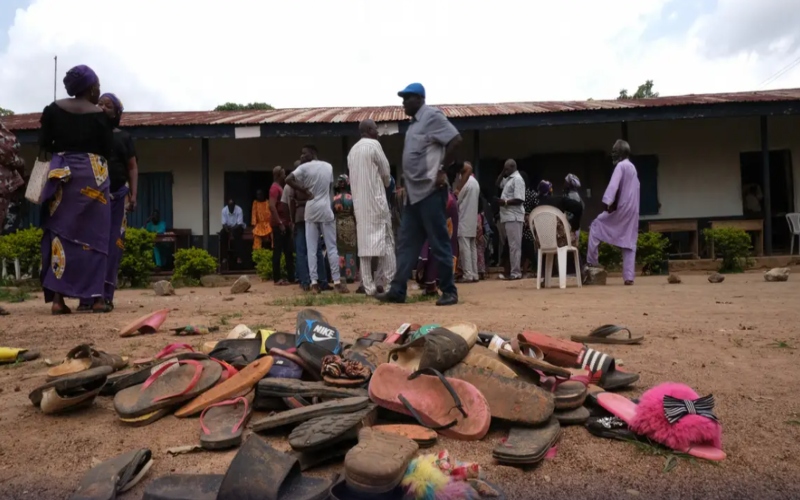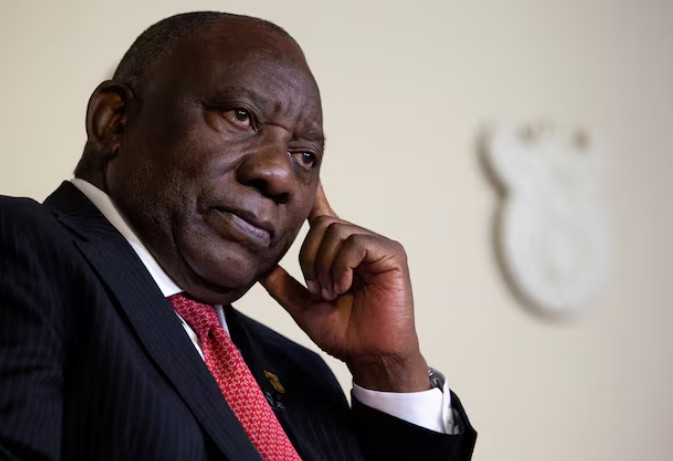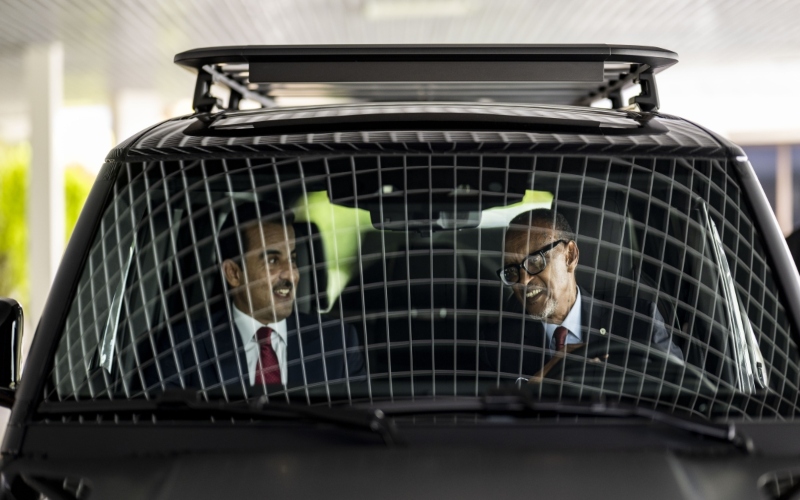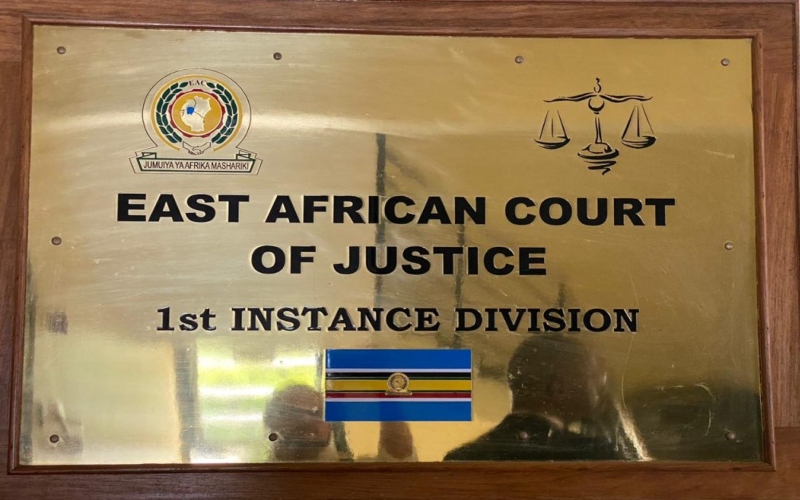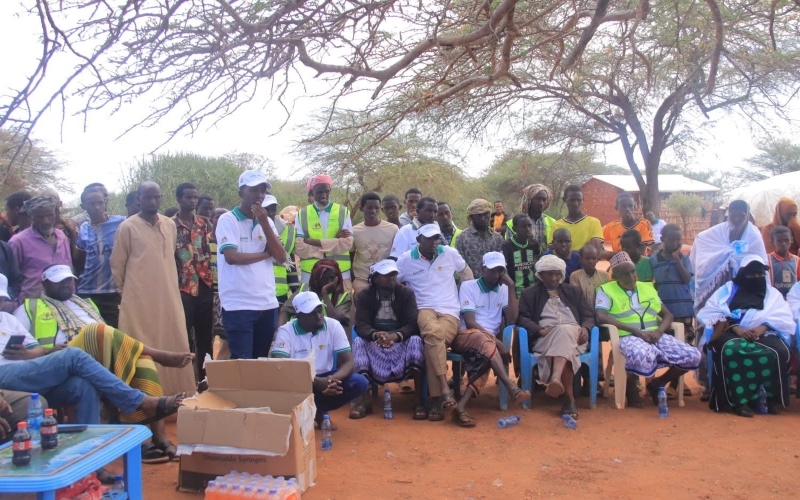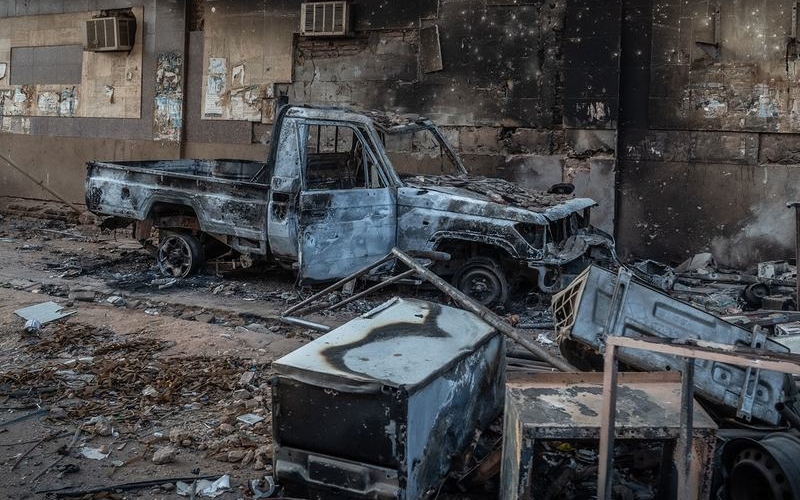Stephen Munyakho recounts how he narrowly escaped execution in Saudi Arabia
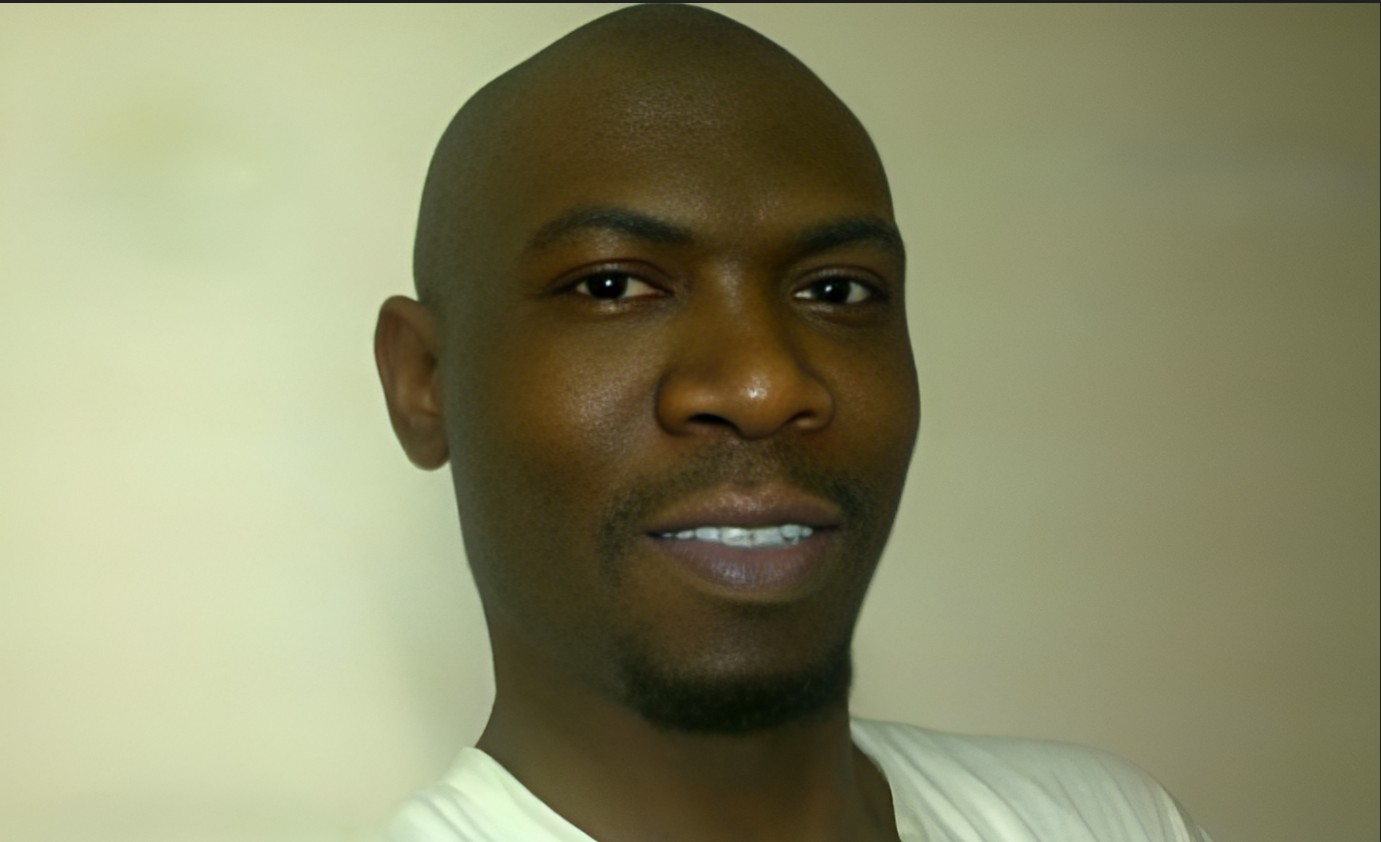
Stephen Munyakho, who had been living in Saudi Arabia since 1996, was sentenced to death after a deadly fight with a Yemeni colleague in April 2011.
Stephen Munyakho, a Kenyan who endured 14 years on death row in Saudi Arabia, has revealed the unusual reason behind the long delay before his execution.
His fate was put on hold because, under Sharia law, the victim’s children were still minors, giving room for negotiation and ultimately sparing his life.
More To Read
- Senators summon Mudavadi over harassment, detention and deaths of Kenyans abroad
- Kenyan single mothers in Saudi Arabia urged to register children, collect birth certificates
- Kenyan abducted in Ethiopia freed after Sh3 million ransom, flown home
- Diaspora remittances from Saudi Arabia fall to four-year low after new work permit rules
- Kenya opens Jeddah consulate, deepening Saudi ties
- Direct Nairobi-Riyadh flights to boost Kenya’s export earnings, bilateral ties
Munyakho, who had been living in Saudi Arabia since 1996, was sentenced to death after a deadly fight with a Yemeni colleague in April 2011.
He shared in an interview on JKLive on Wednesday night that the official death sentence came in 2016 but included a key condition that prevented the sentence from being immediately carried out.
According to Sharia law, the family of a murder victim holds the right to decide whether to demand execution, forgive the offender, or accept diyya (blood money) as compensation.
In Munyakho’s situation, the execution was postponed until the victim’s children reached adulthood, which provided time for talks with the family.
“The sitting of 2016, that was the first time they said you're being sentenced to death, but there was a condition on it. They could not carry it out because the deceased had young children, and they had to come of age. So that bought us time for negotiations,” Munyakho said.
He also detailed how Saudi Arabia’s system of private and public rights affected his case.
Initially sentenced to five years in prison, the punishment was changed to death after the victim’s widow and brother rejected compensation of 120,000 riyal and insisted on execution. “Private rights override public rights,” Munyakho explained.
After intervention by the Kenyan government, the victim’s family agreed to accept diyya, but demanded 10 million riyal (about Sh400 million).
“The initial figure was 10 million riyal, they wanted it out of court, that's when the Saudi government intervened and said it must be stated in court, that's when the negotiations began,” Munyakho recalled.
Munyakho returned to Kenya and thanked the public for their support during his long and difficult journey.
Top Stories Today

